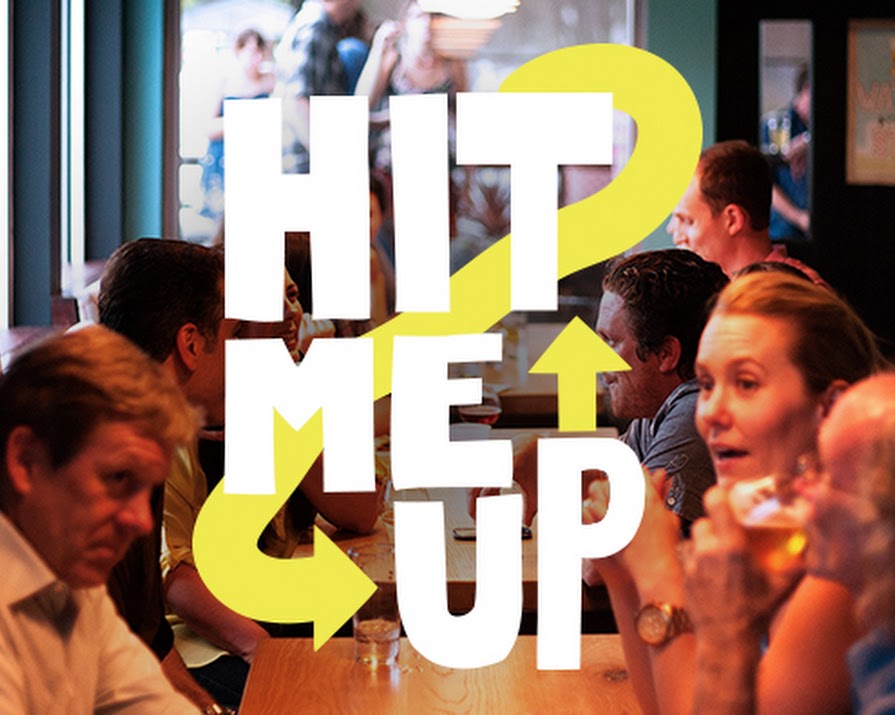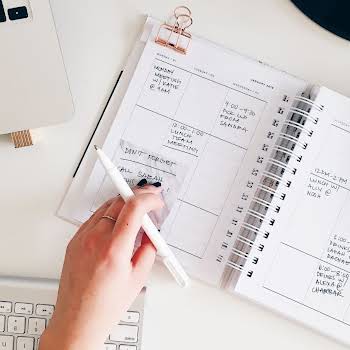
By Erin Lindsay
03rd Oct 2018
03rd Oct 2018
Our resident agony aunt Rhona McAuliffe offers advice to a reader who fears she may soon explode at her racist and bigoted in-laws.
Dear Rhona,
I’ve been seeing a guy for almost a year and met his parents for the first time about two months ago at a family wedding. I’ve seen them around three times since then but I’m finding it increasingly difficult to be around them. They’re not much older than my parents, both in their late fifties but his father keeps dropping outrageously racist, sexist and homophobic comments and it’s doing my head in.
My boyfriend is mortified but says nothing, his wife just laughs and I don’t feel it’s my place to go in. I don’t think they’re bad people, I just don’t think he has any idea of the impact of what he’s saying. Both of his parents are generally very pass?remarkable and talk about almost everyone they come into contact with, often focusing on a person’s physical appearance.
They’re both strong characters who won’t react well to criticism or being challenged but I almost can’t hold it in anymore. My boyfriend says that he spent most of his teen years arguing with his father because of his comments and that he’s learned not to react as the two of them are often just winding him up. I’m afraid I’ll just crack one day and let loose. How can I let them know I’m not ok with these comments and try and keep them on-side at the same time?
Testing My Patience, Dublin.
I think we need to lead with one of Eleanor Roosevelt’s best slams to keep us on track here: Great minds discuss ideas; average minds discuss events; small minds discuss people. By all reckonings, the toxic in?laws are sitting firmly in the ‘small (teeny?tiny?weeny) minds’ basket at the moment.
I’m surprised that they’re only in their late fifties. They don’t seem to be suffering from dementia or the slow shedding of inhibitions usually associated with much older punters. It’s telling too that your boyfriend spent much of his teens battling their bigotry and has now decided to ignore their taunting rather than give them the satisfaction of a rise. This suggests that they have never thought to check themselves or taken their son seriously and seem to be employing bully?ish, infantile tactics to provoke a reaction from him now. With such feckless disregard for their own kin, any intervention from this point may be in vain but we shall plough on!
It’s great that you’re angry, you should be angry. Too often, we give older relatives a pass because we feel they are beyond redemption; we silently abide obnoxious behaviour from people of all ages because we do not want to be dubbed the buzz killer or the do?gooding radical who shuts craic down. But the language we use is important; it defines us, it illuminates our beliefs. We should all be held accountable for what comes out of our mouths and be made aware of the wider impact of our words.
When Roseanne Barr was fired by ABC recently following a racist tweet, Channing Dungey, ABC’s Head of Entertainment, said: “Roseanne’s Twitter statement is abhorrent, repugnant and inconsistent with our values.” John Galliano was sacked by Dior after his anti?Semitic outburst in 2011, which was caught on camera, and Charlie Sheen was dropped from Two and a Half Men by Warner Bros when he went on a rant during a radio interview and made anti?Semitic comments about the show’s creator, Chuck Lorre.
But the policing of bigotry is inconsistent and often rests on public pressure if the outburst was transmitted to a mass audience. And there are, of course, counter?movements pedalling contempt and segregation. When the President of the United States is the worst offender, dropping one offensive and inflammatory bomb after the next, trading on abject fear and hauling us back to the colonies, he has, by example, fired up a noxious army of haters.
I’m not saying we’re perfect; we’ve all said things we regret or made assumptions and judgments on what we think we know about race or sexual identity at some point in our lives. If we’re curious and open to our ideas being challenged, we listen, we learn, we read and we evolve. Everyone is entitled to their own opinion so it’s not fair to impose our beliefs as fact on someone else. But it is fair to question bigoted statements and prompt a conversation.
This is where you should start. I don’t want to say pick your battles but that is what you are essentially doing, without battling. Jumping on every slur the in?laws let fly will only encourage them to dig their heels in. Try to shake off your ego and anger and stock up on compassion and empathy before you go in. Make like you really want to understand where they’re coming from and deconstruct from there. Avoid direct challenges or confrontations. Pick statements that you have the energy and patience to debate. This makes you sound like a saint – if you pull this, off you will be – but staying the distance with gentle probing and a rational argument should yield results. Ask them: what do you mean by that? Do you know where that word comes from? Ah (*tilts head*), where did you hear that?
Yes, it’s unlikely you that you will fundamentally change them but you might have enough of an impact that they think twice before they casually fire off in public. You are letting them know that you are not their safe space. You are also awarding them the opportunity to explain their views or stand by their language without judgment. It may be that they have genuinely never considered the impact of their words as contributing to social conditioning.
Stories also help. Connect with them by telling them real stories about real people. If you don’t have any personal stories, seek out stories to share that shine a light on the very real sexism, homophobia and racism that pollutes our daily lives. The Irish Times, for example, ran a heartbreaking series of interviews with refugees in Direct Provision, humanising a distinctly inhumane system.
While you’re doing all of the hard work, your boyfriend needs to support you. ‘Growing a pair’ seems too glib a term for someone who’s been taunted his entire life but there, I’ve said it. After only a year together, this may make or break your relationship. If he shrinks away from the task, he might just be sealing his fate, and yours. Good luck.























